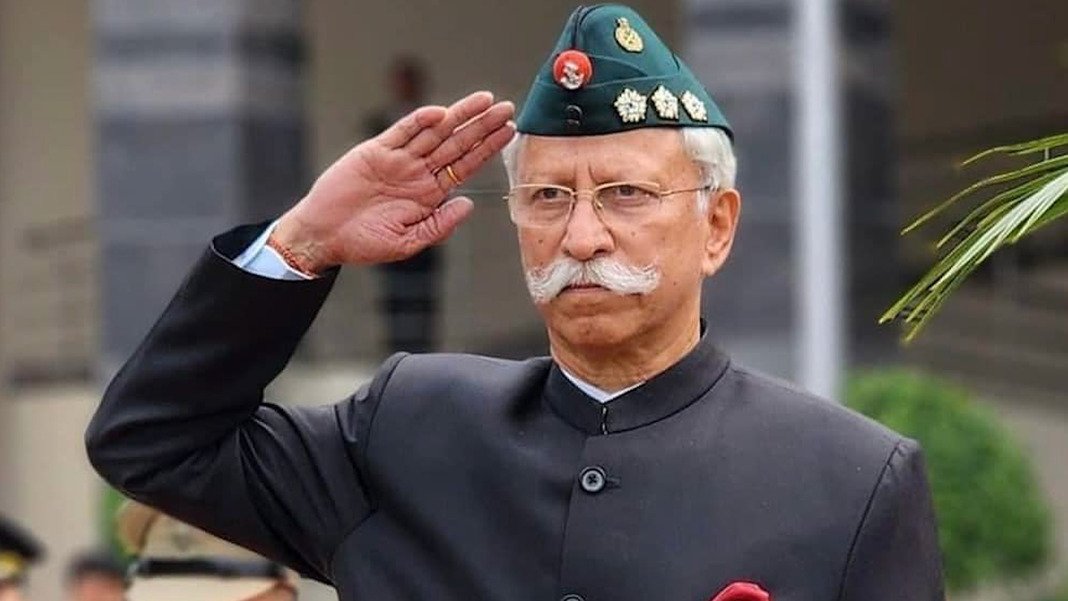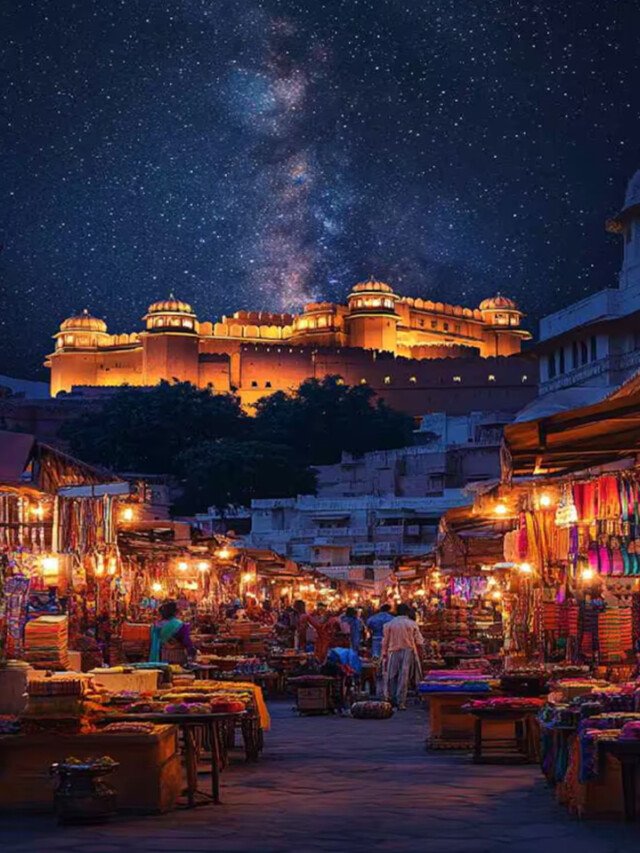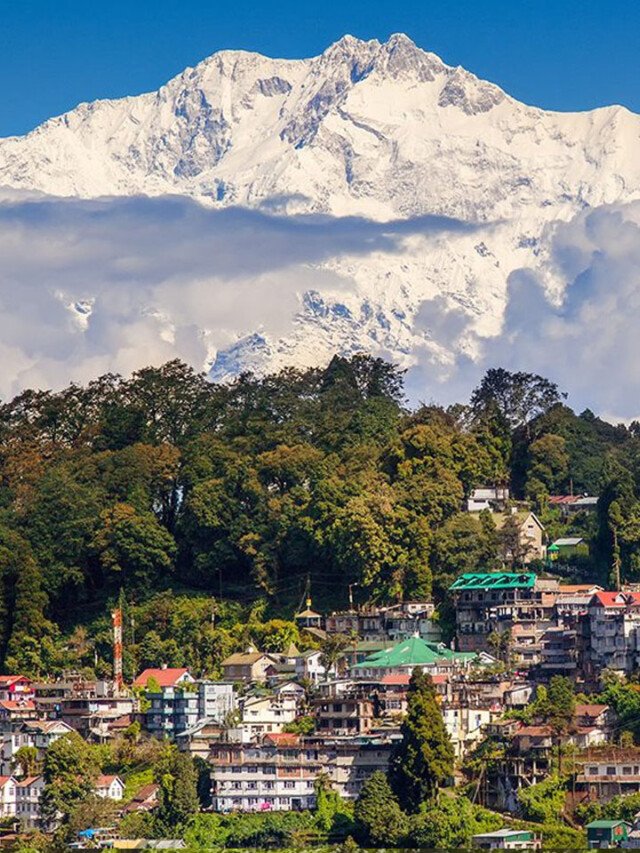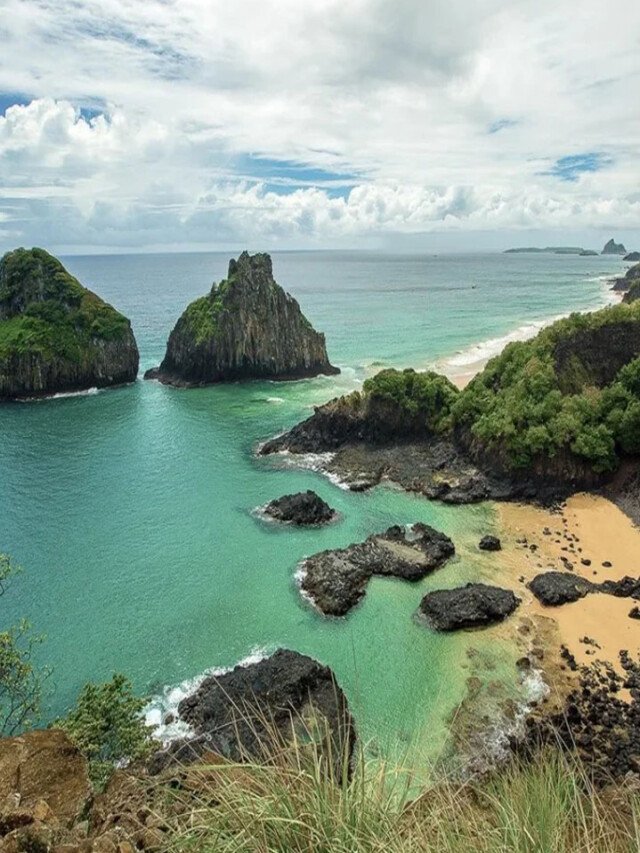ITANAGAR, Feb 20: Arunachal Pradesh Governor Lt Gen K T Parnaik (Retd) on Thursday reaffirmed the state government’s commitment to improving infrastructure, digital connectivity, and public services to enhance the quality of life for all citizens.
Unfurling the national tri-colour at IG Park here, on the occasion of the 39th Statehood Day, the governor acknowledged the state’s remarkable progress but emphasised the need to address ongoing challenges.
He stressed the importance of education, urging efforts to reduce dropouts and ensure all children complete their studies. He stated that only when students complete their education can Arunachal nurture its own teachers, engineers, and doctors, thereby reducing dependence on other states.
He called for a disciplined and motivated student community that contributes to the state’s growth.
Focusing on cleanliness and environmental management, Parnaik urged citizens to work in a mission mode to maintain hygiene and manage waste efficiently. He emphasized that waste disposal must be systematic, starting from villages to cities and tourist circuits.
“A green and well-planned state must be free from illegal structures, encroachments, and unregulated construction,” he said and called for village volunteers to take responsibility for cleanliness and suggested using technological solutions to convert waste into power and useful products.
He stressed that roads and highways should inspire travellers and that community efforts should play a role in maintaining a clean and organised environment.
Addressing the growing drug menace in the state, the governor called for a two pronged approach – prevention and rehabilitation. He noted that drug abuse is eroding the social fabric and must be tackled by identifying and disrupting drug distribution networks.
He suggested using satellite imagery to track the cultivation of illicit substances and urged parents, community leaders, and teachers to report cases of addiction. He emphasized that rigorous awareness campaigns led by the government, police, universities, and social organizations can help curb the issue.
He also called for effective counselling and rehabilitation measures, with recovered individuals being engaged in sports and skill-building programmes. He proposed that reformed persons could serve as anti-drug ambassadors to assist those undergoing rehabilitation.
Parnaik underscored the need for leveraging technology in governance, education, and administration. He suggested adopting e-governance practices, automating data systems, and developing applications to monitor project progress.
These measures, he said, would ensure timely project completion, reduce malpractices, and improve efficiency in administration.
He emphasised the need for better tourism infrastructure and hospitality services to attract visitors.
While the state government is making strides in this direction, Parnik called upon individuals to contribute by fostering a positive and welcoming environment for tourists.
Highlighting key infrastructure and power sector developments, Parnaik said the government had constructed over 4,000 km of roads, ensuring connectivity to remote villages and linking all district headquarters via two-lane highways.
The 1,748-km Frontier Highway project, aimed at enhancing inter-valley connectivity, is progressing in mission mode.
He noted that the state has a power generation capacity of 58,000 MW, nearly 40 per cent of the country’s total potential and further highlighted the progress of major hydropower projects, including the Lower Subansiri Hydro Project (2,000 MW), which is set for commissioning in 2026, and the Dibang Multipurpose Hydro Project (2,880 MW), one of India’s largest, currently under construction.
He also mentioned that 13 stalled projects with a combined capacity of 12,723 MW have received approvals. Among these, the Siang Upper Multipurpose Project is of strategic national importance, ensuring safety for the Adi community and the Siang belt while generating surplus power, which is expected to bring in over Rs 10,000 crore in annual revenue for the state.
In the education sector, he highlighted that 30 higher secondary schools are under construction, while 50 schools are being upgraded to Golden Jubilee Schools. Additionally, New Age Learning Centres are being established in all districts, and ten Eklavya Model Residential Schools have been sanctioned, with five already completed.
A Tribal Research Institute is also under construction, he added.
Calling for transparency, accountability, and collective progress, Parnaik urged people to work together to build a prosperous and harmonious Arunachal Pradesh. He emphasised the importance of harnessing the state’s cultural heritage, investing in education, and empowering the youth to create a brighter future.
“Let’s build bridges of understanding, embrace our diversity, and draw strength from unity. The choices we make today will resonate for generations. Let us choose wisely and act boldly for the success and harmony of our state,” he added. (PTI)












